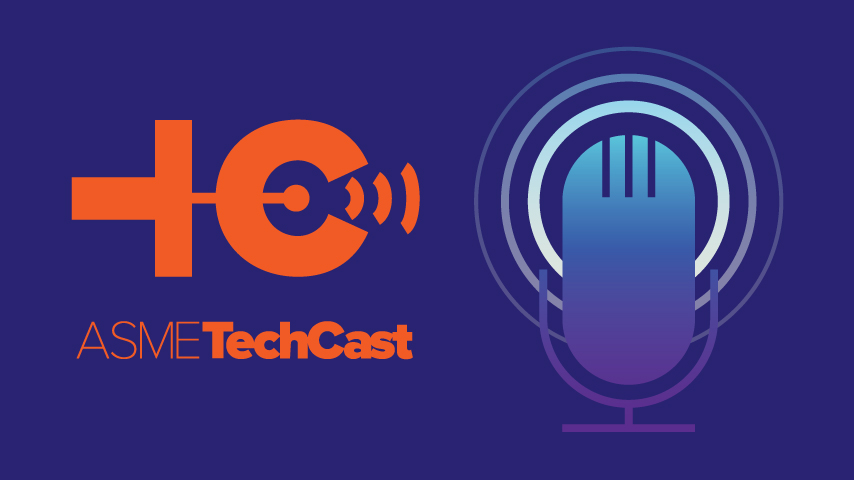Global Maneuvering in IP and Standards
Global Maneuvering in IP and Standards
Global Maneuvering in IP and Standards: The House Judiciary Committee recently held a hearing examining the growing challenges posed by global competition in intellectual property (IP) and standards. The discussion shed light on serious obstacles confronting U.S. businesses, engineers, and standards development organizations (SDOs) such as the American Society of Mechanical Engineers (ASME). The hearing’s findings carry significant implications for innovation, access to international markets, and the future of global standards-setting.
State Influence in Standards-Setting: The hearing revealed that international standards-setting organizations (SSOs) have been used to embed state-backed technologies into global supply chains. By securing influential positions within SSOs, state-affiliated participants have been able to steer standards development in ways that favor domestic industries, often at the expense of fair competition and technological neutrality.
The Role of Standard Essential Patents (SEPs): SEPs are essential to ensuring global interoperability across industries. U.S. companies have traditionally led in SEP innovation, but the environment is shifting. Foreign subsidies and strategic patent filings have flooded patent offices with low-quality applications, creating bottlenecks and tipping licensing negotiations. These practices make it harder for U.S. innovators, especially small and medium-sized enterprises (SMEs), to compete on a level playing field in global markets.
Judicial Overreach and Anti-Suit Injunctions: The hearing also examined how legal tactics, such as anti-suit injunctions, have been used to block U.S. companies from pursuing cases domestically. These injunctions provide local firms with an edge by delaying U.S. proceedings while fast-tracking their own. In some cases, foreign courts have also imposed artificially low royalty rates on U.S.-held SEPs, further undermining the value of American innovations and encouraging adoption of state-supported technologies.
Reinforcing U.S. Leadership in Standards: Witnesses offered several strategies to counter these challenges and bolster U.S. leadership:
- Strengthen U.S. Participation in SSOs – Targeted incentives could encourage more active U.S. engagement in international standards bodies.
- Improve Legal and Regulatory Tools – Reforms to patent enforcement could help protect innovators and secure fair compensation.
- Pursue International Coordination – Working through organizations like the World Trade Organization (WTO) may address systemic abuses and increase transparency.
- Support SMEs – Simplified licensing frameworks and technical assistance could give smaller innovators a fair shot in global markets.
ASME’s Role in a Changing Global Landscape: The hearing’s findings reinforce the need for ASME and its members to stay deeply engaged in international standards development. By partnering with policymakers, advocating for equitable licensing, and upholding high-quality standards, ASME can help safeguard the integrity and credibility of the global standards system.





.png?width=854&height=480&ext=.png)